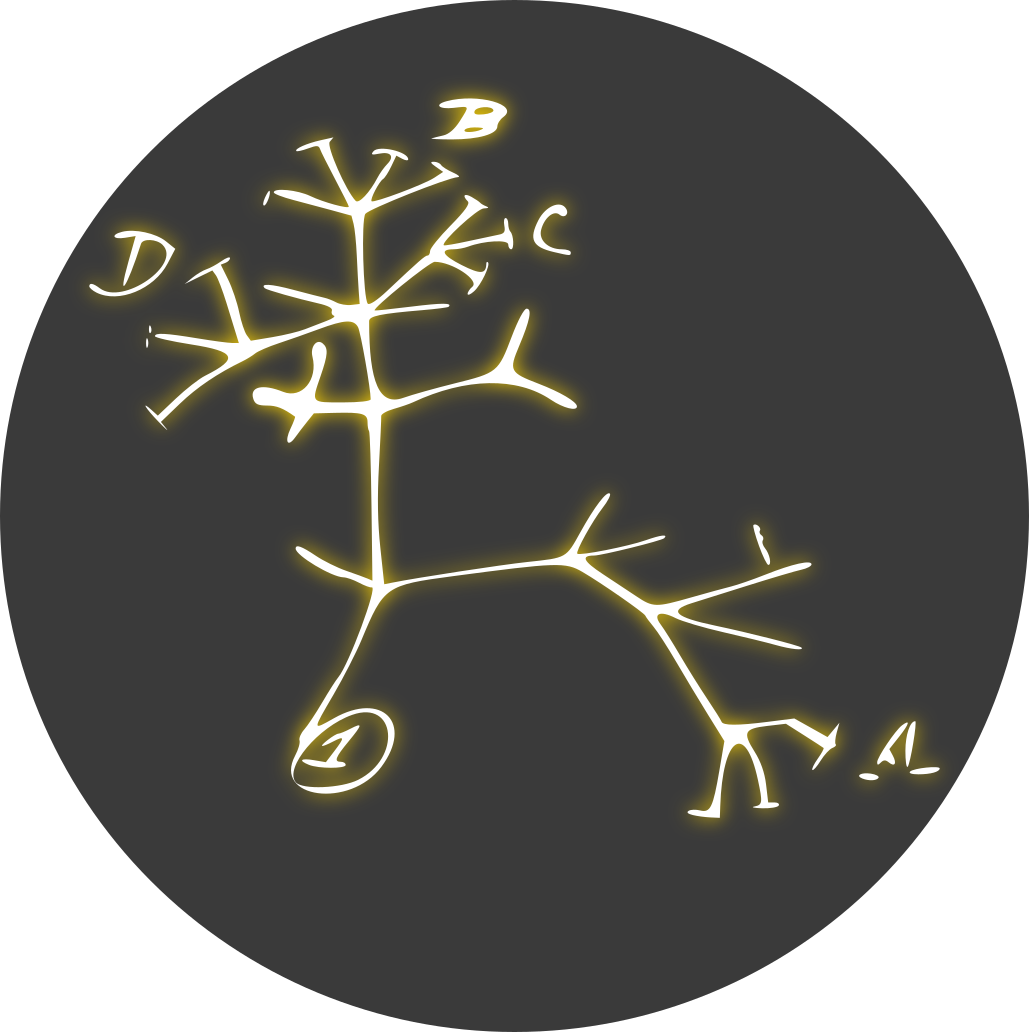

This article was posted a few days ago FYI.


This article was posted a few days ago FYI.


I see better where your questions are coming from, thank you. I think the fundamental answer to your question then is that while Darwin was inspired by the writings for Malthus, it would be a strong exaggeration to state that it is based on Malthus theory. More precisely, Darwin used the concepts of exponential growth (though he might not have used that term) and ressource limitations, but applied it to wild populations and concluded very different things from Malthus. Basically, the idea is that ressource limitations would exacerbate the differential reproduction between individuals due to their characteristics (which leads to Natural Selection).
Thus, you can perfectly reject the conclusions of Malthus, especially the political side of what he wrote about Human societies, and conserve the Theory of Evolution.
Darwin was clearly a product of the Victorian high society, and this would have influenced quite a lot its way of thinking and the way he framed the theory (this is well-documented), but it does not mean that the theory itself is politically loaded nowadays. It’s been quite refined beyond the writings of Darwin, including by people clearly from the left side of the political board (e.g. Haldane).


Not really, no. In a sense, never has been. “Survival of the fittest” was a poor formula (I remember reading that Darwin was not fond of it at first and used it somewhat reluctantly but I can’t remember where), and a very bad summary of the theory of evolution. To start with because the important thing is differential reproduction (with modifications) between individuals, but not survival per se. But also because natural selection is just a part of the modern theory and many others aspects have been added since then (mutations, drift, phenotypic plasticity, environmental inheritance, etc).


The theory has been quite shaken up since Darwin, don’t worry. This idea that evolutionary biology hasn’t moved since Darwin is basically a strawman. Beside, Social Darwinism has little to do with actual Darwinism, and all reasonable biologist would agree it is pure junk.


What the…
OK. First, nobody “previously thought” that evolution happens at random… Parts of it, yes, sure, like mutations or genetic drift. But selection is not “at random” in any reasonable meaning of the word.
Second, the paper results are basically about how selections shapes the co-occurring of genes within a genome, in the context of e.g. gene transfer. Interesting, yes. Revolutionary, certainly not. Most biologists would have predicted that outcome… Of course, selection is going to constrain the co-occuring of some gene families, why would this be surprising?
Anyway, look into the study, it looks interesting but you can spare reading the article, it does a very bad job (sorry OP) at placing the idea in its scientific context and the authors are not helping with their bragging about “revolutionary” discovery.


I don’t get it: what is the supervisor of this PhD student doing, while they’re struggling so much performing their experiment? This should be the real question, no?
Not only mutations, genetic drift as well, which by definition, happens purely at random. But yes!